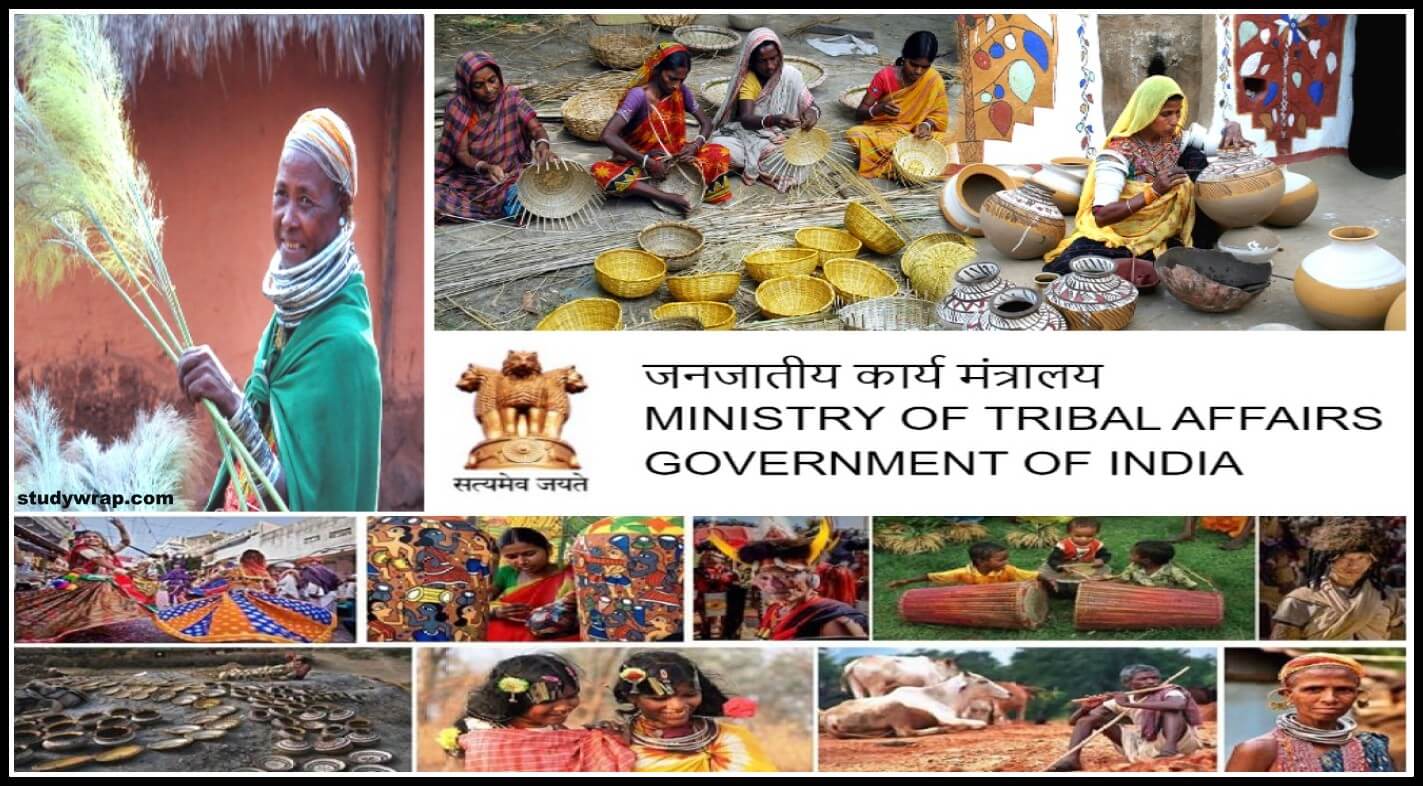The socio-economic challenges faced by indigenous tribal communities in India are not unknown. In recognition of their unique needs and vulnerabilities, various government schemes have been introduced to uplift and empower these communities.
These initiatives play a crucial role in bridging the gap between tribal populations and mainstream development.
By addressing issues such as education, healthcare, livelihood, and infrastructure, these schemes are key to achieving holistic and sustainable tribal empowerment.
List of Tribal Development Government Schemes in India
Central Government Schemes for Tribal Development:
Vanbandhu Kalyan Yojana:
- The Vanbandhu Kalyan Yojana is a comprehensive scheme aimed at transforming tribal areas.
- Its multifaceted approach encompasses education, healthcare, livelihood, and infrastructure development. By focusing on these core areas, the scheme seeks to enhance the overall quality of life for tribal communities.
- It’s noteworthy that such a holistic approach recognizes the interconnections of various aspects of development.
Eklavya Model Residential Schools (EMRS):
Quality education is pivotal in breaking the cycle of poverty and ensuring a brighter future for tribal children.
- EMRS focuses on providing this quality education by establishing residential schools.
- These schools not only offer academic learning but also create an environment that nurtures cultural identity and imparts essential life skills.
- Through EMRS, the government acknowledges the significance of education in empowering tribal youth.
Pradhan Mantri Van Dhan Yojana:
- The Pradhan Mantri Van Dhan Yojana is a unique initiative that emphasizes transforming forest produce into valuable resources for tribal livelihoods.
- By forming Van Dhan Vikas Kendras, tribal communities are empowered to engage in value addition to their forest resources.
- This not only enhances their income but also strengthens their bond with their traditional lands and resources.
Tribal Cooperative Marketing Development Federation of India (TRIFED):
- TRIFED’s role in promoting tribal handicrafts, art, and forest produce is vital for preserving cultural heritage and ensuring economic sustainability.
- By providing market linkages and fair prices, TRIFED contributes to reducing the exploitation of tribal producers.
- This empowers tribal artisans and communities to take pride in their skills and craftsmanship while accessing a larger market.
National Scheduled Tribes Finance and Development Corporation (NSTFDC):
- Economic empowerment is a fundamental aspect of tribal upliftment.
- NSTFDC‘s provision of financial support, loans, skill training, and marketing assistance to tribal entrepreneurs and artisans directly impacts their economic prospects.
- This support not only boosts income but also fosters self-reliance, thus breaking the cycle of dependency.
State Government Schemes for Tribal Development:
Andhra Pradesh: Girijana Cooperative Corporation
The Girijana Cooperative Corporation focuses on tribal welfare by encouraging cooperatives and self-help groups. This empowers tribal communities to collectively address their economic and social challenges while preserving their unique way of life.
Arunachal Pradesh: Deen Dayal Upadhyaya Bunkar Yojana (Handloom)
This scheme’s emphasis on handloom development aligns with the tribal population’s traditional skills. It encourages self-employment and economic sustainability among tribal artisans.
Assam: Assam Tribal Development Society
The Assam Tribal Development Society’s initiatives focus on skill development and income generation among tribal communities. By providing training and support, the scheme contributes to enhancing livelihood opportunities.
Tribal Development Schemes
Nutrition is a critical aspect of overall well-being. Chhattisgarh’s Mukhyamantri Suposhan Abhiyan aims to address malnutrition among tribal populations, recognizing the need for holistic health and development.
Gujarat: Vanbandhu Kalyan Yojana
Gujarat’s implementation of the Vanbandhu Kalyan Yojana reflects its commitment to tribal empowerment. By focusing on education, healthcare, and livelihood, the state contributes to holistic development.
Himachal Pradesh: Dr. Ambedkar Medhavi Chhatra Yojana
This scheme’s focus on scholarship support for higher education aligns with tribal youth’s aspirations for personal and academic growth. It bridges the gap between education and empowerment.
Jharkhand: Birsa Harit Gram Yojana
Jharkhand’s emphasis on afforestation and sustainable agricultural practices directly benefits tribal communities. Local self-help groups play a crucial role in the scheme’s successful implementation.
Madhya Pradesh: Mukhyamantri Jan Kalyan Yojana
This scheme’s various components, such as healthcare, housing, and skill development, align with the diverse needs of tribal populations. It recognizes the need for an integrated approach to empowerment.
Maharashtra: Rajiv Gandhi Scheme for Empowerment of Adolescent Girls
Adolescent tribal girls often face unique challenges. Maharashtra’s initiative addresses these challenges comprehensively, ensuring their well-being through nutrition, health, education, and skill training.
Telangana: Special Development Fund
Telangana’s commitment to a special development fund signifies its dedication to addressing tribal welfare. The fund’s allocation towards tribal-specific initiatives reflects a targeted approach to empowerment.
What we think about Government Initiative on Tribal Development Schemes
In conclusion, the active government schemes at both the central and state levels underscore the commitment to empower tribal communities in India.
By addressing key areas such as education, healthcare, livelihood, and culture, these schemes lay the foundation for holistic development.
Tribal empowerment is not just about economic progress; it’s about preserving cultural heritage, enhancing quality of life, and fostering a future where indigenous communities thrive.
As responsible citizens, it’s our duty to support, advocate for, and spread awareness about these initiatives, contributing to the brighter future of India’s tribal populations.
